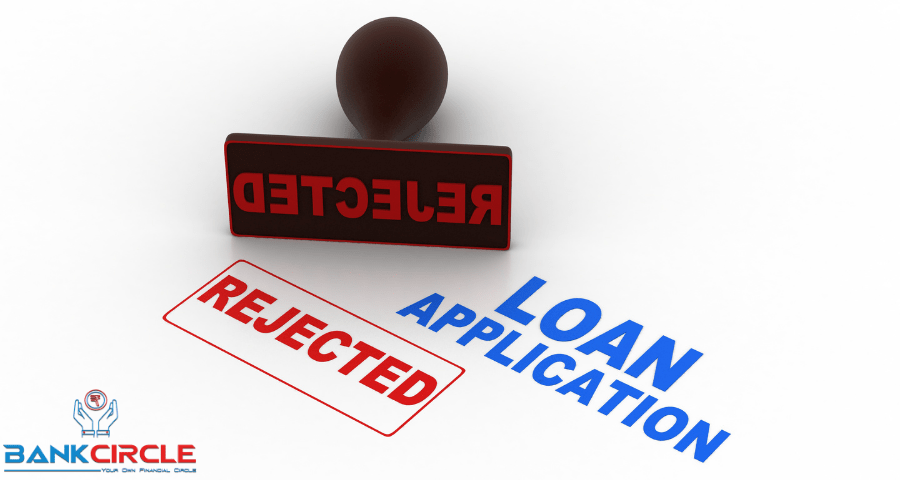Sponsored
Personal loans are popular among people in India who need quick access to funds for various purposes, such as home renovations, medical emergencies, or debt consolidationCombining multiple debts into a single loan with a lower int More. However, not all personal loanLoan: A Borrower's Best Friend A loan is a financial arrange applications are approved by lenders. In fact, there are several common reasons why lenders reject personal loanLoan: A Borrower's Best Friend A loan is a financial arrange applications in India.
Here are some of the most common reasons for personal loan application rejection in India:
- Poor Credit ScoreA numerical representation of an individual's creditworthine More: In India, a credit scoreA numerical representation of an individual's creditworthine More is an important factor that lenders consider when evaluating a personal loanLoan: A Borrower's Best Friend A loan is a financial arrange application. A credit scoreA numerical representation of an individual's creditworthine More is a three-digit number that reflects a borrower’s creditworthinessAn individual's ability to repay a loan based on their finan More. If your credit scoreA numerical representation of an individual's creditworthine More is low, lenders may consider you a high-risk borrower and reject your application. To increase your chances of approval, it’s important to maintain a good credit scoreA numerical representation of an individual's creditworthine More by paying your bills on time and keeping your credit utilization low.
- High Debt-to-Income Ratio: Your debt-to-income (DTI) ratio is another factor that lenders consider when evaluating a personal loanLoan: A Borrower's Best Friend A loan is a financial arrange application in India. This ratio measures your monthly debt payments against your monthly income. If your DTI ratio is too high, lenders may consider you a high-risk borrower and reject your application. To increase your chances of approval, it’s important to maintain a low DTI ratio by paying off debts and avoiding new debts.
- Incomplete or Inaccurate Application: In India, lenders require complete and accurate information to evaluate your personal loanLoan: A Borrower's Best Friend A loan is a financial arrange application. If your application is incomplete or contains errors, lenders may reject your application. To increase your chances of approval, it’s important to carefully review your application before submitting it and provide any additional information or documentation that the lender requests.
- Insufficient Income: In India, lenders also consider your income when evaluating a personal loanLoan: A Borrower's Best Friend A loan is a financial arrange application. If your income is too low, lenders may reject your application. To increase your chances of approval, it’s important to have a steady and sufficient income by increasing your income through a higher-paying job or side gig, or by providing additional income sources such as rental income or investments.
- Lack of CollateralAn asset or property provided by the borrower as security ag More: Personal loans in India are generally unsecured loans, which means they do not require collateralAn asset or property provided by the borrower as security ag More. However, some lenders may require collateralAn asset or property provided by the borrower as security ag More for larger loanLoan: A Borrower's Best Friend A loan is a financial arrange amounts or for borrowers with poor credit. If you don’t have sufficient collateralAn asset or property provided by the borrower as security ag More, lenders may reject your application. To increase your chances of approval, it’s important to have sufficient collateralAn asset or property provided by the borrower as security ag More or to choose lenders that offer unsecured personal loans.
It's important to note that each lender may have its own criteria for evaluating personal loan applications, and the reasons for rejection may vary. However, by maintaining a good credit score, keeping your DTI ratio low, submitting a complete and accurate application, having a sufficient income, and having sufficient collateral, you can increase your chances of approval and secure the personal loan you need in India.Sponsored




